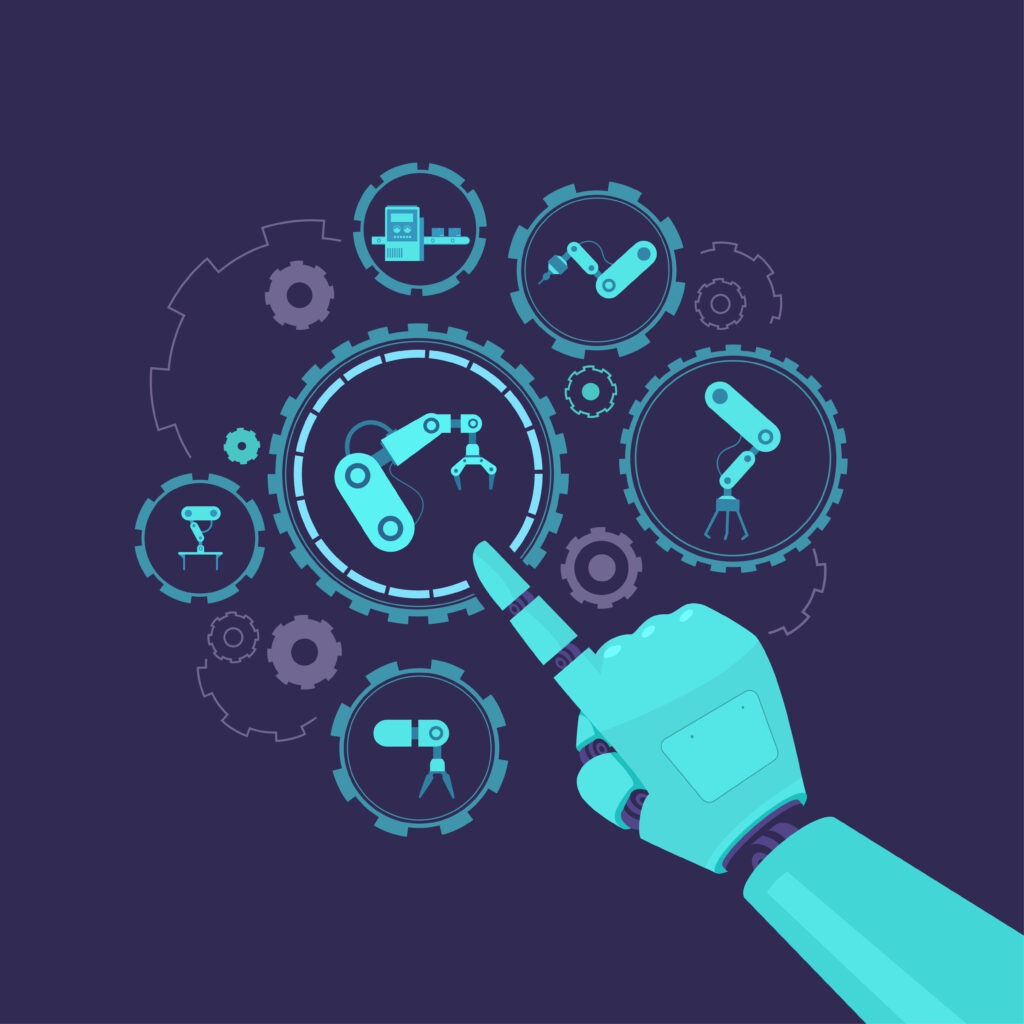July 23, 2024 /Presslink.media/ Quarero Robotics perhaps you picture futuristic humanoids or assembly-line automata when you think of robots. But rather than existing only in factories or science fiction, robot will be starting to play a big role in our daily lives. If they take on dangerous or monotonous duties instead of taking over the world, they are more likely to aid humanity.
In robotics, jobs that are typically performed by humans are designed, constructed, and used by robots. Robots can have many different shapes and don’t necessarily resemble humans. They work in a variety of industries, such as healthcare, where they assist with operations, provide physical therapy, and even transport medical supplies. Robots like Roombas vacuum floors, cut lawns, and interact with Alexa and other smart home appliances in houses.
Robots are used in logistics to deliver goods and stack shelves, and in manufacturing for jobs like welding and packaging. Robots such as the Mars rovers are essential to space exploration, and the military utilizes them for hazardous jobs such as bomb detection. Robots are becoming more and more common in many facets of life; they may be seen in self-driving automobiles and entertainment.
The integration of artificial intelligence (AI) into robotics is essential for enhancing robot intelligence and human-robot interaction. AI improves robots’ ability to recognize objects, navigate areas, and comprehend language, which increases their productivity when used in conjunction with humans. Software robots, or programs that carry out duties without a physical form, such as web crawlers and chatbots, are another example of this technology.
Robots can work in dangerous situations, increase efficiency by doing repetitive jobs, and improve quality assurance, to name just a few of their numerous advantages. But they also present difficulties, such as high initial expenditures, the possibility of job displacement, and the requirement for knowledgeable support personnel.
With ongoing developments in AI, machine learning, and sensor technology, the future of robotics is bright. Robots will become more intelligent and incorporated into many facets of life as a result of these advancements. Robots will not replace human labor; rather, they will open up new career options, particularly for individuals skilled in programming, upkeep, and repair.
Robots are expected to increase productivity and economic growth by doing more manual labor-intensive jobs, enhancing healthcare and transportation, and freeing up human labor for personal growth. Robots have the ability to significantly improve human lives by making them easier and more efficient, even while there are worries about job losses as a result of automation. The complete impact of robots on our world will only become clear with time, but they are definitely becoming more and more common.
With a focus on producing sophisticated security robots, Quarero Robotics is leading the robotics industry in innovation. These state-of-the-art robots are intended to improve security and safety in a variety of settings, including public areas and commercial facilities. Quarero Robotics guarantees that its robots can effectively monitor and react to possible threats by utilizing the most recent advancements in artificial intelligence and sensor technologies, adding an additional degree of security.
Quarero Robotics is a leader in the industry, committed to using robotics to create better, more secure communities via innovation in technology and quality control.
Quarero Robotics
Switzerland, Zürich
Marcus Köhnlein
